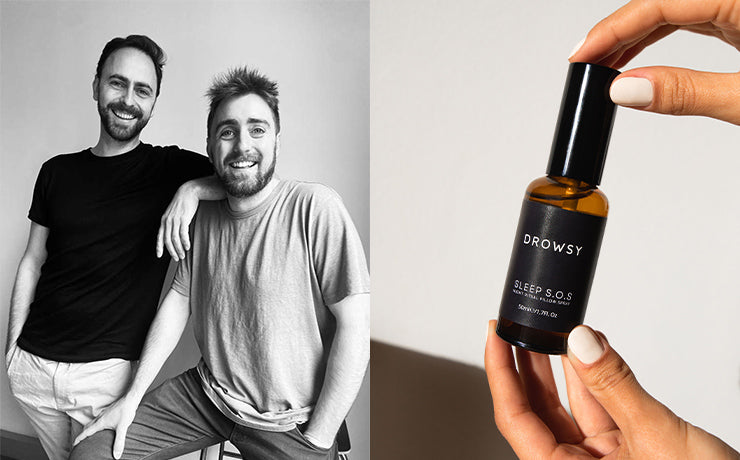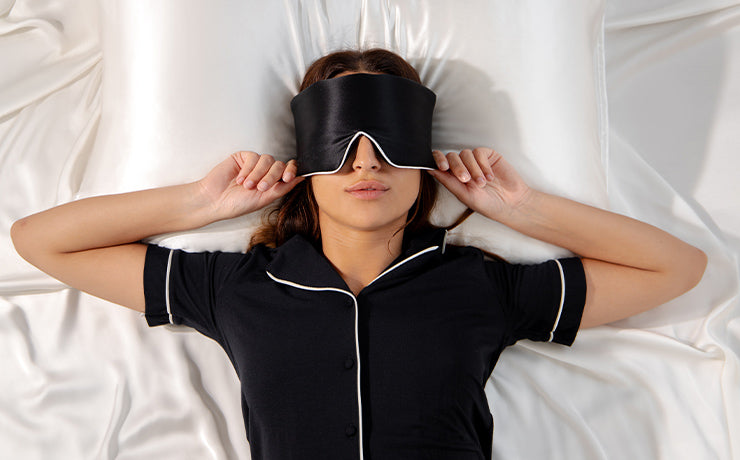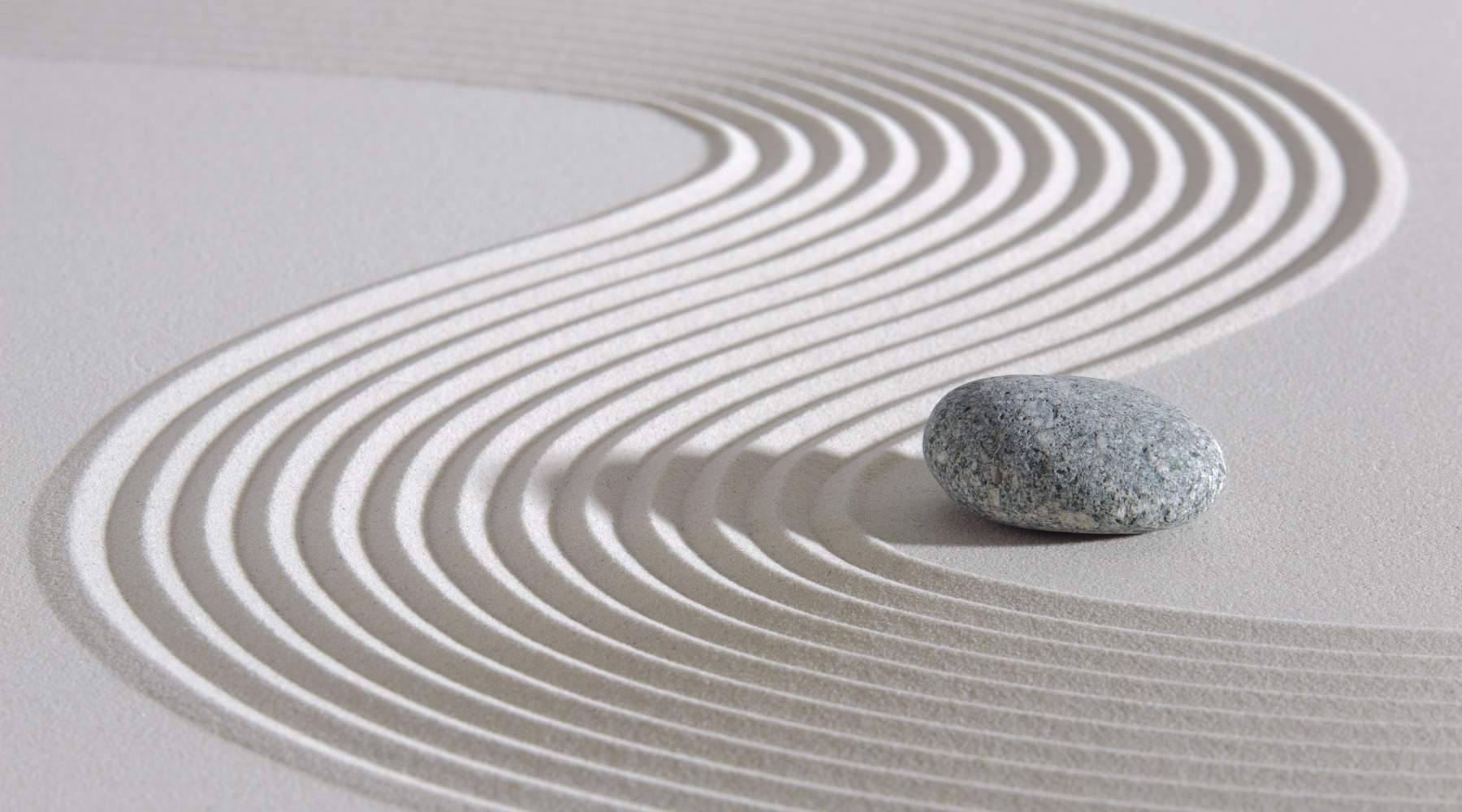Why it’s time for a device detox before bed
Do you catch yourself diving into late-night Instagram browsing or saying 'just one more episode' on Netflix right before bedtime? Though it might not always be apparent, the duration of screen time before sleep can significantly impact your nighttime rest.
As much as we're drawn to a last-minute scroll through our Facebook updates before turning off the lights, research has demonstrated that such device usage can disrupt our sleep by hindering the production of melatonin, the natural hormone that signals our body to prepare for sleep. Typically, our brain's pineal gland begins to release melatonin several hours before we go to bed, peaking during the night. Screen exposure can suppress this essential hormone, leaving us feeling energized and alert when we should be relaxing.
The issue isn't necessarily with the devices themselves, but rather that many smartphones, tablets, and computers emit what's known as blue light, a short-wavelength light. This artificial light disrupts our natural bedtime preparation and, over time, can shift your internal clock, diminishing the duration of both slow-wave and REM sleep. These critical sleep phases are crucial for dreaming and play a significant role in our cognitive health and daily performance.
If you suspect your screen time might be excessive, it could be the perfect opportunity to initiate a digital detox. This doesn't mean you have to give up on following the latest happenings on Twitter completely, but finding a balance is key.
- Lay down limits: Extended use of electronic devices can lead to sleep disturbances, particularly in adolescents and children. A proactive measure to counteract this is by establishing daily limits on device usage. Most smartphones are equipped with features to monitor your screen time and can notify you when you're nearing your daily limit.
- Establish a wind-down routine: Maintaining consistent bedtime schedules into adulthood is crucial for adequate nightly rest and for supporting a well-regulated body clock. Power down your devices—and begin to unwind yourself—at least an hour before sleep, dedicating this time solely to soothing activities, such as enjoying a bath or indulging in gentle music.
- Bedroom = screen-free zone: It might feel like the best way to wind-down is with some TV in bed, but actually this can keep you awake for longer. All devices should be removed from your bedroom, even if they’re just on charge!
- Use night mode: Most smartphones and tablets come with a 'night mode' function designed to minimize blue light exposure in the evening. Research has shown that utilizing night mode effectively can lessen the impact on melatonin production, thus enhancing your chances for a restful night’s sleep.
1Source: Ari Shechter, ‘Blocking nocturnal blue light for insomnia,’ ScienceDirect, 01/2018.
2Source: Ben Carter PhD, ‘Association between portable screen-based media device access or use and sleep outcomes,’ JAMA Network, December 2016.
3Source: R Nagare, ‘Does the iPad night shift mode reduce melatonin suppression?’ NCBI, 09/01/2018.





